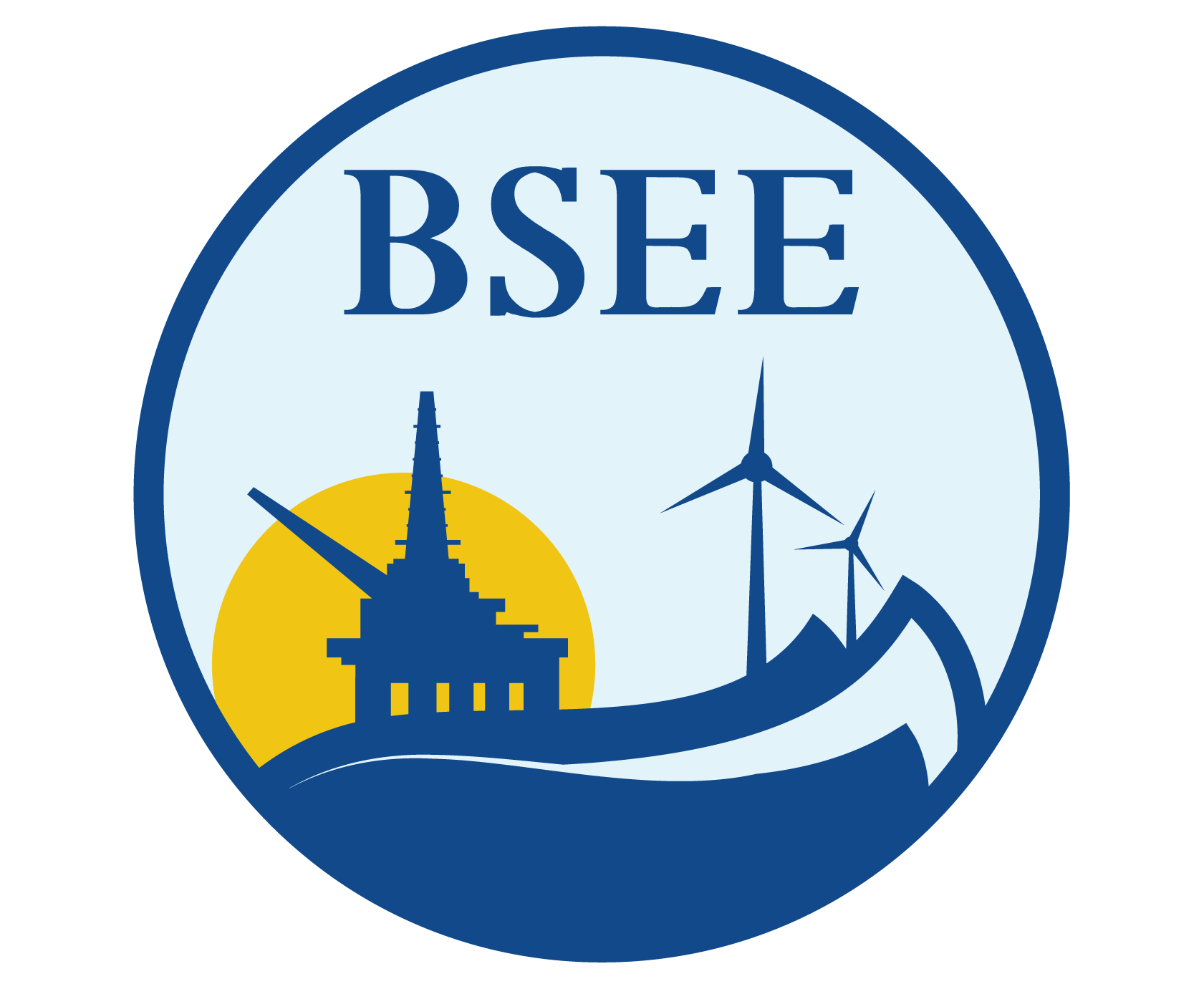The Interior Department’s Minerals Management Service (MMS) announced today that it is launching a $250,000 study into the likelihood and extent of ecological impacts from electromagnetic fields (EMF) emitted by subsea power cables. These cables will be used by renewable energy projects on the Outer Continental Shelf (OCS).
'We are aggressively pursuing clean and renewable energy on the Outer Continental Shelf,' said MMS Acting Director Walter Cruikshank. 'As we get closer to harnessing offshore renewable energy, it is important for us to not only know the benefits, but also the environmental effects. Studies like the EMF allow us to become better acquainted with those impacts.'
The MMS EMF study will focus on the potential direct, indirect and cumulative environmental impacts of EMF’s from renewable energy activities on the OCS. The study will also evaluate the effectiveness of potential mitigation strategies to avoid or reduce any impacts.
Renewable energy projects on the OCS are expected to use subsea power cables to transmit electricity generated offshore to coastal areas, where the cables will connect into an onshore power grid. Given that the design of each offshore renewable energy project will be unique, the results of this study will help managers and engineers select, early in the planning stage, the best cables and configuration for energy transmission, environmental protection, and economic viability.
The MMS selected Normandeau Associates, an environmental consulting company, as the contractor for this study.
